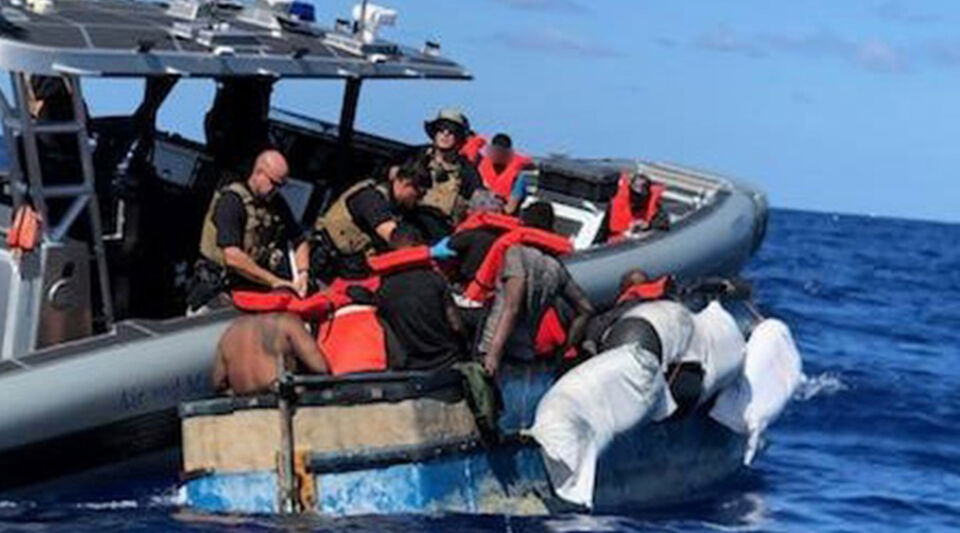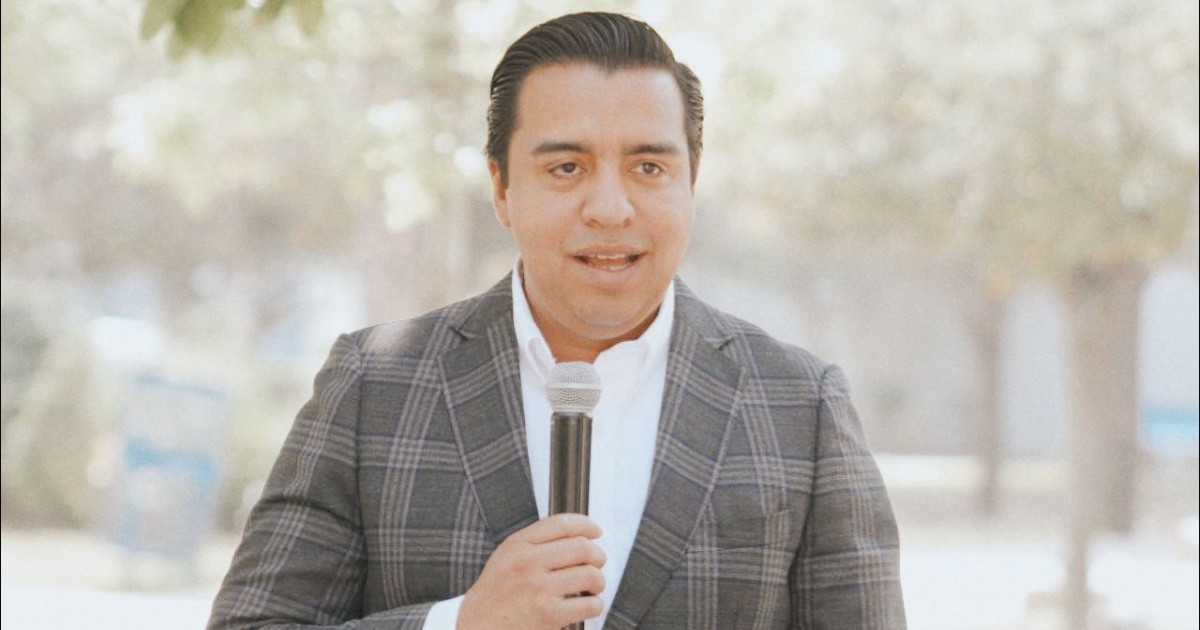(EFE).- A total of 116 irregular Cuban migrants were returned to the island by the governments of the United States, Mexico and the Bahamas, state media reported this Friday.
The US Coast Guard returned 48 people – two women and 46 men – who arrived through the western port of Orozco, in the province of Artemisa.
This is the twenty-ninth operation by sea from the United States so far this year, for a total of 1,258 Cubans returned in the last five months.
Most of the migrants who arrived in this seventh return carried out in May are original from the western provinces of Matanzas, Artemisa and Havana, and from the central Villa Clara, who left the country illegally by sea, detailed the state television report. of the island.
Mexico has so far carried out 17 repatriation operations since last January and there are 1,085 returned Cuban migrants
49 irregular migrants (24 men, 22 women and 3 minors) were returned by air from Mexico, and another 19 arrived from the Bahamas, including 17 men and 2 women.
Mexico has so far carried out 17 repatriation operations since last January and there are 1,085 Cuban migrants returned from that North American country in that period.
In recent months, the flow of irregular Cuban migrants seeking to travel to the United States using the sea as routes or following different routes through Central American countries has increased significantly.
Analysts believe that these factors affect the phenomenon of irregular migration of Cubans, which is aggravated by the economic crisis that the country is going through, but they believe that errors in macroeconomic management that have generated shortages of basic products, , the partial dollarization of the economy and high inflation.
The Cuban government insists on demanding that the Washington Administration comply with the migratory agreements signed between the two countries and maintains that the United States has not complied with these agreements for four consecutive years.
The Cuban government described as a “positive sign” that the United States held a meeting on migration issues with a delegation from its country
The Havana Executive also attributes the increase in migration to the validity of the Cuban Adjustment Act of 1966, which allows Cubans to apply for permanent residence in the United States after one year and one day of remaining in that country.
Last April, delegations from Cuba and the United States resumed their bilateral dialogue on migration issues in Washingtonthe first high-level since the arrival of President Joe Biden to the White House.
The Cuban government described as a “positive sign” that the United States held a meeting on migration issues with a delegation from its country.
Likewise, the US Administration said that these migratory conversations between both parties were “productive”.
Earlier this week, the government of US Democrat Joe Biden announced several measures, including that it will increase the consular services of its embassy on the island and will restore a family reunification program that had been suspended for years with the accumulation of up to 20,000 requests.
According to recent reports from the US Customs and Border Protection (CBP) agency, since last October -the start of the federal government’s fiscal year 2022- until last April, some 114,000 Cubans have arrived at the southern border of the US. .
________________________
Collaborate with our work:
The team of 14ymedio is committed to doing serious journalism that reflects the reality of deep Cuba. Thank you for joining us on this long road. We invite you to continue supporting us, but this time becoming a member of our newspaper. Together we can continue transforming journalism in Cuba.








